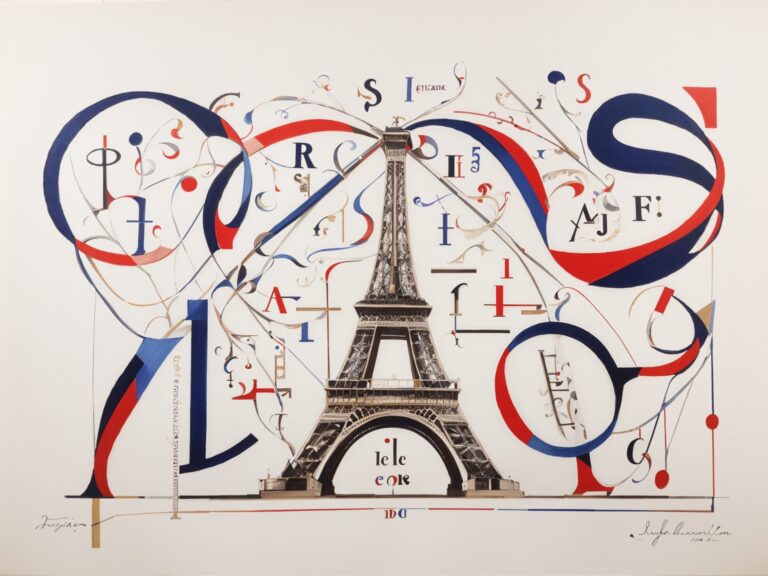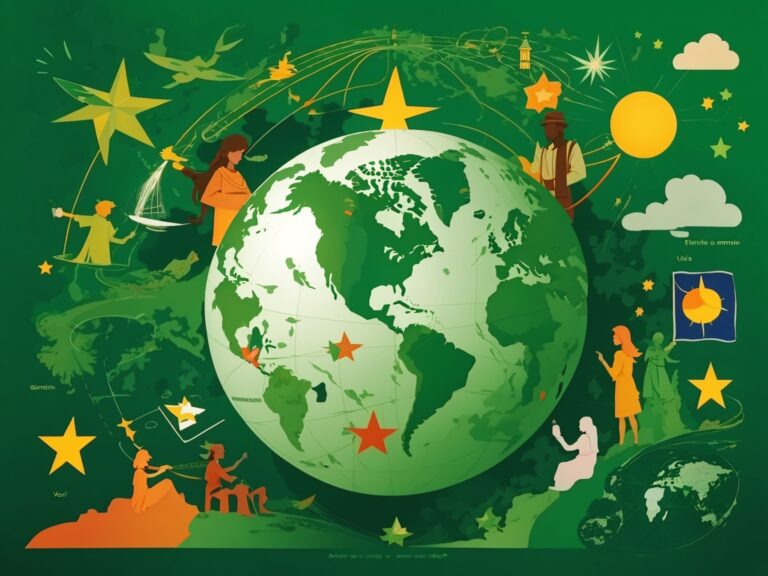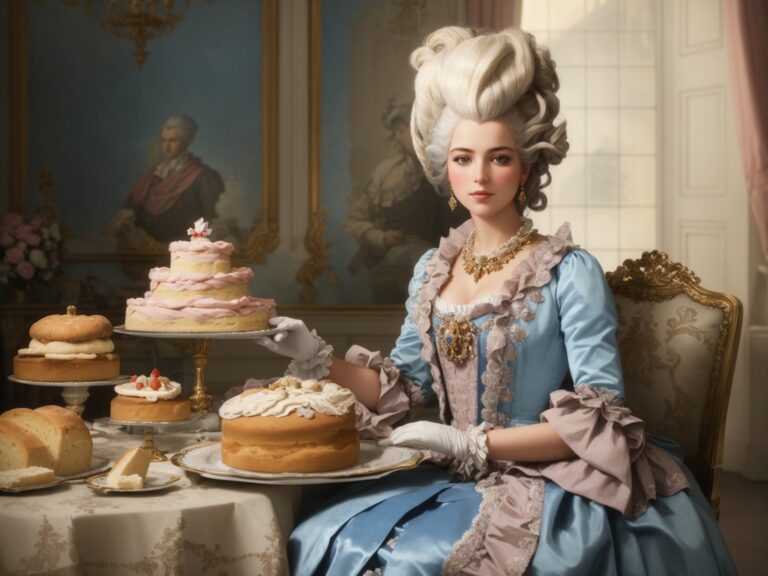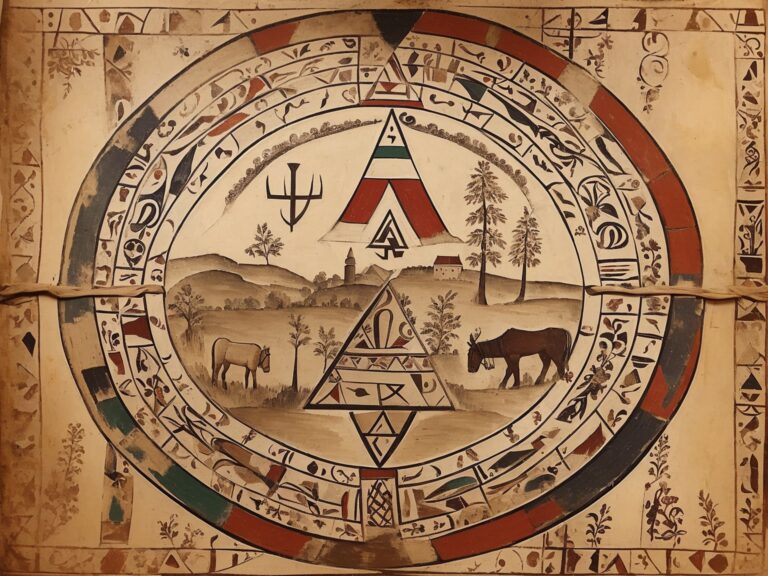Often called the ‘language of love,’ French, with its melodious and seductive sound, captures hearts worldwide. But what exactly contributes to French’s romantic reputation? This reputation is deeply rooted in several factors, including historical, cultural, and linguistic aspects. This comprehensive article will dive into all these aspects, explaining why French is indeed recognized as the language of love.
I. Historical Context
The Role of France in the Age of Enlightenment
To understand why French is the language of love, we must look back in time to the Age of Enlightenment in the 17th and 18th centuries. France was the epicenter of this intellectual and philosophical movement, which prized reason, individualism, and the pursuit of knowledge.
Renowned French philosophers and writers such as Voltaire, Rousseau, and Diderot, who were instrumental in shaping the Enlightenment, used the French language as a tool to propagate their ideas about love, beauty, and human nature. Their works, brimming with romantic and intellectual expressions, influenced the perception of French as a language associated with sophisticated discourse and romantic expression.
The Influence of French Literature and Poetry
From the 19th century, French literature and poetry further enhanced the romantic reputation of the language. This era saw the emergence of notable romantic French writers such as Victor Hugo, Gustave Flaubert, and Alexandre Dumas, whose works explored the depths of human emotions, relationships, and love. The globally recognized “Les Misérables” by Hugo and “Madame Bovary” by Flaubert, among others, portrayed the multifaceted nature of love, cementing the image of French as the language of passion and sentiment.
II. Cultural Context
The City of Love: Paris
Undeniably, the cultural significance of Paris, often known as the ‘City of Love,’ plays a crucial role in shaping French’s reputation as the language of love. The city itself is emblematic of romance, with its charming streets, intimate cafes, scenic river Seine, and iconic landmarks like the Eiffel Tower and Louvre.
The city’s deep connection with art, literature, fashion, and food also contribute to its romantic ambiance. Many timeless romantic stories, both real and fictional, have Paris as their backdrop, further associating the city – and by extension, the French language – with love and romance.
French Cinema and Music
French cinema, often characterized by its poignant romantic narratives, also bolsters French’s status as the language of love. French films like “Amélie,” “Blue is the Warmest Color,” and classics such as “The Umbrellas of Cherbourg” have a distinct romantic flair that captures the subtleties and complexities of love like few other cinema cultures do.
French music, too, with its rich history of romantic chansons performed by artists such as Edith Piaf and Charles Aznavour, infuses emotion and passion into the French language. Their heartfelt melodies and profound lyrics encapsulate a broad spectrum of love’s experiences, further reinforcing the perception of French as a language inherently tied to love.
III. Linguistic Qualities of French
The Melodious Nature of French
Linguistically speaking, French is often considered a melodious language. Its phonetic rules result in a rhythmic flow when spoken. French is a syllable-timed language, meaning each syllable takes approximately the same amount of time to pronounce. This characteristic results in a rhythm that many listeners find pleasing and somewhat musical.
Furthermore, the French language tends to avoid harsh consonant endings, leading to words and sentences that flow into one another, creating what’s often described as a ‘smooth’ or ‘soft’ sound. It’s this fluidity and musicality that contributes to French’s reputation as a soothing and romantic language.
Vocabulary and Expressions of Love
French is rich in vocabulary, idiomatic expressions, and phrases that describe the nuances of love, romance, and affection. This linguistic wealth allows French speakers to express emotions and sentiments in various nuanced ways, which may not be as easily expressed in other languages. For example, consider the phrase ‘Je t’adore.’ While it’s often translated to ‘I love you’ in English, its true meaning is closer to ‘I adore you,’ a phrase that carries a different emotional weight and connotation.
French, like many languages, also has its unique pet names and terms of endearment. Words like “Mon Chéri” (my darling) for men and “Ma Chérie” for women, “Mon Amour” (my love), and “Mon Cœur” (my heart) further enhance the language’s romantic image.
Conclusion
In sum, the reputation of French as the language of love is not coincidental. It is a product of historical, cultural, and linguistic factors. From the influential French thinkers of the Enlightenment and the evocative narratives of French literature, to the romantic allure of Paris and the mellifluous sound of the language itself, many elements intertwine to create this image. So, whether you’re a passionate Francophile, a lover of languages, or just a hopeless romantic, there’s no denying the undeniable charm that French, the language of love, holds.








